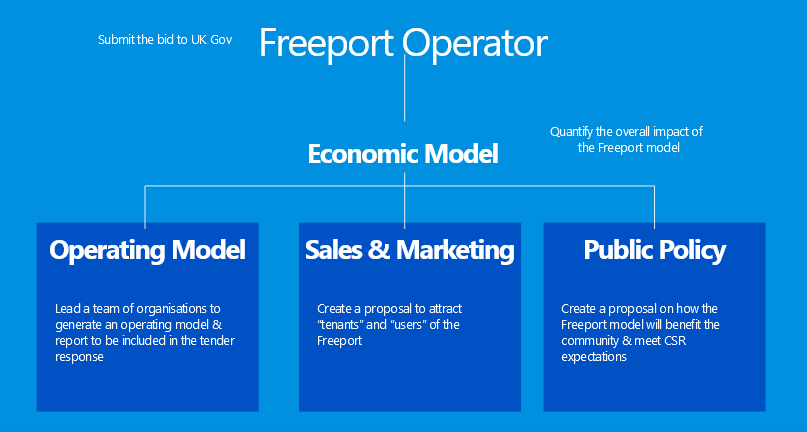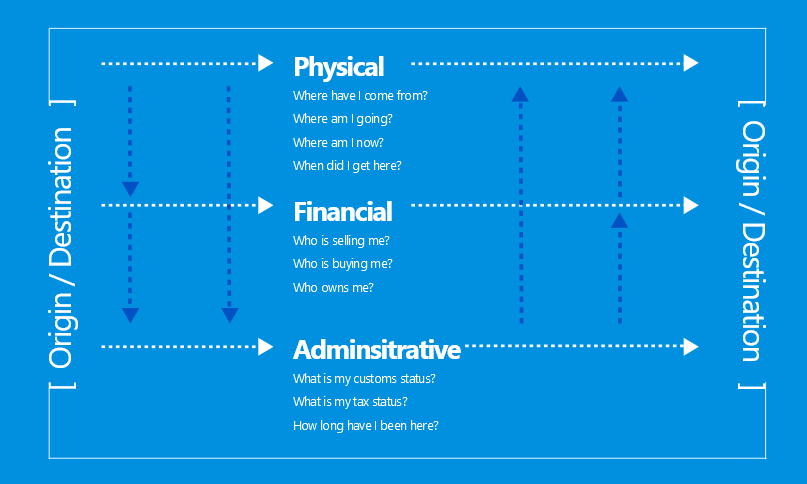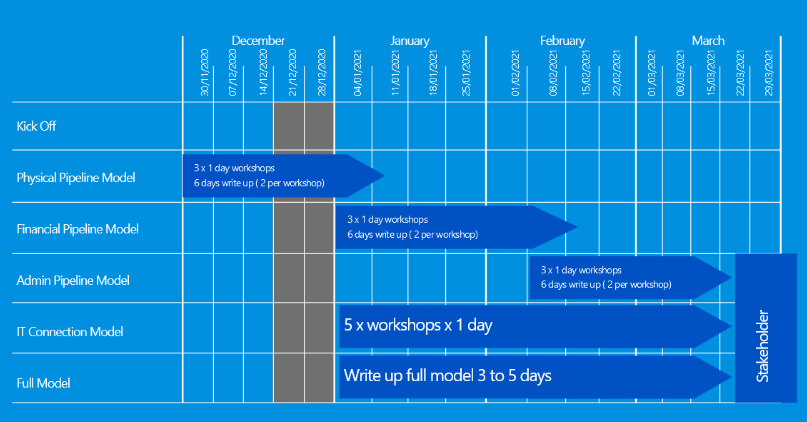FREEPORTS
Supporting the establishment & operation of UK freeports
Background
In February 2020 the UK Government launched a consultation into the viability of creating a number of Freeports (or free trade zones) in the UK. The consultation invited interested parties to submit proposals describing what a Freeport would do and how it would operate.
• Establish freeports as national hubs for global trade and investment across the UK: intensify the economic impact of our ports by enhancing trade and investment and generating increased economic activity across the UK.
• Promote regeneration and job creation: create high-skilled jobs in ports and the areas around them, prioritising some of our most deprived communities bring more balance to the UK economy.
• Create hotbeds of innovation: create dynamic environments capitalising on new ideas and fostering the conditions that will attract new businesses, investors and innovation.
Following the submission of proposals, the UK Government considered the inputs of all respondents and eventually, in November 2020, issued an official tender inviting potential operators, along with their consortium partners, to submit a business case for their proposal. The date for responses was set as 5th February 2021
Source1: gov.uk
NorthStar’s involvement in the bid structure and operation of Freeports
Through our extensive network of contacts amongst trade organisations, port operators, logistics companies and importing/exporting manufacturing companies, North Star took part in several workshops and networking events to develop the bid structure, implementation and operating principles of Freeports.
During this process we contributed thought leadership on the types of activity required to create the bid, practical proposals of how the Freeport could operate and what it would take to make the Freeport operational in the first instance.
In addition, we provided expertise and experience in the setting up and operation of international supply chains, taking into consideration the physical flow of material, the financial and trade compliance requirements of importing and exporting goods under various tariff and export control regimes.
We proposed a bid structure that would build an economic model taking into account the operating model, how the Freeport would be marketed and sold to potential users, and how the Freeport would support public policy objectives such as job creation, meeting the climate change challenge and sustainability targets:
The Freeport Bid Structure would have 4 elements covering the main aspects of the proposal
In order to submit a bid to the UK Government, the Freeport Operator will need to put an organisation in place to generate a tender document……..each workstream would be led by an expert in that field……………

The Operating Model Concept would be described as 3 pipelines connected by IT
Because the Freeport model needs to accommodate both inbound and outbound flows and provide physical, financial and administrative status at all times IT systems will be deployed…….. existing admin tools & IT infrastructure will be used where possible…..

The North Star Proposal to run the operating model assumes there would be a number of partners committing resource
Developing an operating model proposal will require the input of partners who have existing systems and processes and would be the beneficiaries of the Freeport Model. North Star would act as programme leaders and subject matter experts……..

How NorthStar help to overcome the challenges of bidding for and operating a freeport.
Many projects and programmes are borne out of a need for change (burning platform) and because they happen in the real world, things are not as stable and predictable as we imagine they’ll be whilst in the planning and preparation stage of big changes.
At North Star we have experience of implementing change on large scale supply chains during challenging business conditions and are able to apply that experience and learning to this situation. To illustrate this, we answer some of the key questions surrounding these challenges:
How can we calculate the benefit if we don’t know the quantified duty, tax, planning relief on offer from the UK government?
It seems like an odd response but if you don’t know something then make it up? Or to be more professional, generate a range of assumptions based on real world knowledge and research on how much it would cost to make the changes required and use that to create the question “how big would the incentive need to be to make this worthwhile?” Once you know that you can build a model that allows you to plug in the incentives once they are known. North Star can provide this modelling expertise.
How can we put a bid together during a global pandemic?
In the same way you would do it under normal circumstances but with one benefit – less travel and meetings and more innovative use of communications technology. You may need to hire some additional help, so your business case may need to account for that, but if you want to go after the prize then prioritisation of resources is required. North Star can either provide subject matter expertise, programme management skills or both?
How can we prepare for this when the Brexit Trade Deal, that Freeports are ultimately a response to, is still being negotiated between the UK Government and the European Union?
Same answer as above, prioritising resources seems like an obvious thing to say but it isn’t always implied. You have two real choices (the third is “don’t bid” which we assume, if you have read this far is a non-starter), stop doing something else or bring in more people. Assuming you bring in more people they don’t necessarily need to work on the bid, you may have experts already in place with excellent knowledge, but they might be running operations? North Star could provide you with interim operational support so you can free up your experts to develop a bid?
Some of the opportunities & risks of Freeports
There are many articles and papers that discuss the opportunities and risks of Freeports. The Institute for government website2 states:
Freeports and free zones are intended to stimulate economic activity in their designated areas. Supporters argue that benefits can arise due to the government stimulus or tax breaks available. There can also be some benefits due to the ‘agglomeration effect’, which is where increased economic benefits are seen as a result of concentrating the economic activity of a particular sector, or related sectors, in one place.
Economic studies have found the main advantage of freeports is that they encourage imports by lowering duty and paperwork costs. Manufacturing businesses that are inside the freeport can benefit from cheaper imported inputs/components in comparison to those outside the area.
On the other hand, the UK Trade Policy Observatory (UKTPO) cautions that the evidence of wider economic benefits of freeports and other zones are mixed, as they depend heavily on the design, access to transport infrastructure, skilled labour and capital within the zone in question. There is also a risk that freeports and zones don’t create new economic activity but rather divert existing business into the area with the allure of tax breaks – at a cost to the taxpayer in the form of lost revenue.
Ultimately, the UKTPO concludes that “whilst some form of free zones could help with shaping export-oriented and place-based regional development programmes, policymakers should (i) devise measures that counteract possible diversion of economic activity from elsewhere, and (ii) offer a wider set of incentives than just free zones, while keeping within the WTO [Word Trade Organization] and any ‘level playing field’ obligations that arise from our trade agreements.”
Which summarises the situation well – if they aren’t designed to operate to serve the wider economy, they run the risk of causing harm by diverting investment and potentially reducing tax & duty revenues
Source2 Institute for Government
For a more in-depth discussion or advice about your bid or freeport operation, please call:
Daniel Barry on +44 7984 685 913 daniel@northstarprojects.co.uk
Darren Chaisty on +44 7506 509 814 darren@northstarprojects.co.uk
For a more in-depth discussion or advice about your bid or freeport operation, please call:

Daniel Barry on
+44 7984 685 913
daniel@northstarprojects.co.uk
Darren Chaisty on
+44 7506 509 814
darren@northstarprojects.co.uk


